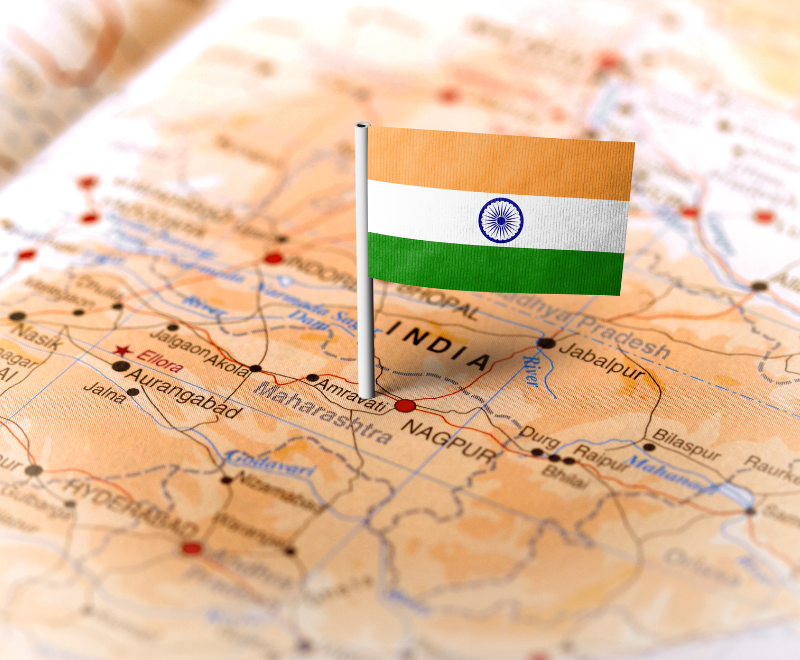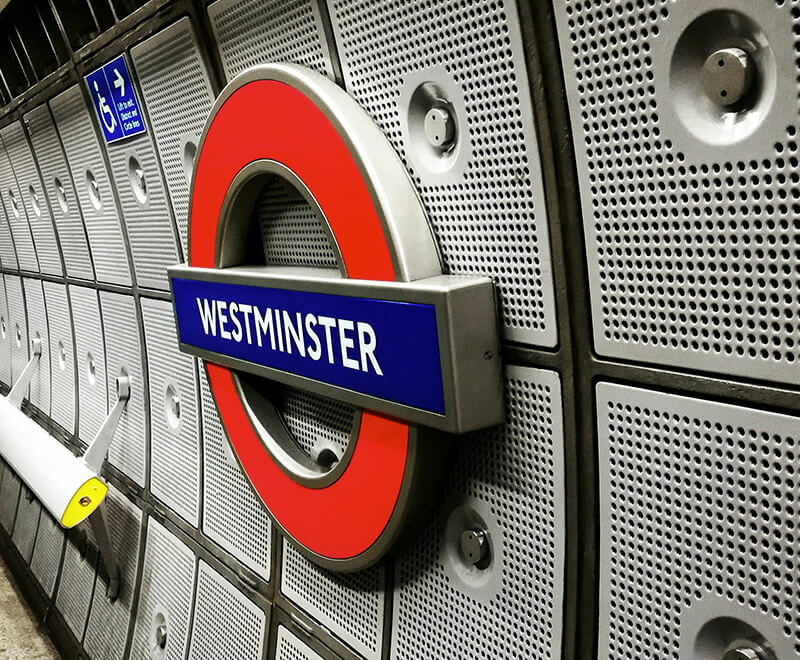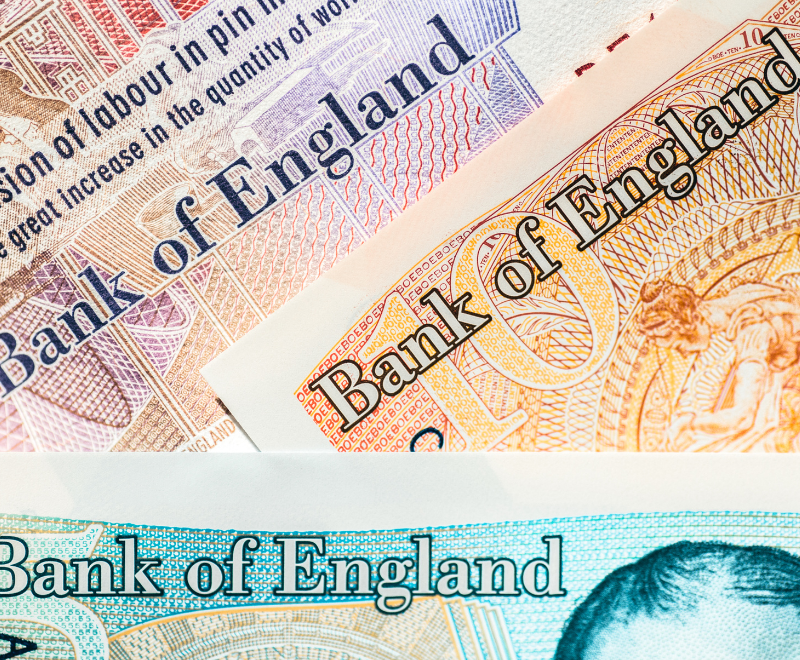In an age of disinformation and rising authoritarianism, few British institutions matter more on the world stage than the BBC World Service. Trusted by millions, it operates in 42 languages, broadcasting deep into places that are far beyond the reach of the British state. As the Government finalises its Spending Review this week, it faces a defining choice: whether to sustain this engine of soft power, or to let it slip into managed decline.
For nearly a century, the World Service has steadily built a trusted global audience. In doing so, it has become one of the UK’s most influential and trusted cultural assets. With a global weekly audience of 320 million last year, it offers something rare: news that is widely seen as accurate, independent and fair. In places where local media is censored or non-existent, the World Service can be a lifeline – and, crucially, a reminder of what free societies look like.
This is soft power in action. Not preaching national values in a top-down way, but something more subtle: a demonstration of British principles (like freedom of expression, rule of law and public accountability) delivered through trusted journalism. It builds credibility not because it speaks for Britain, but because it speaks fairly.
Its influence is particularly important in fragile or authoritarian states, where British diplomatic or commercial activity may be extremely limited. It continues to be a significant presence in parts of the Global South, like Sub Saharan Africa and Latin America. These aren’t just media markets, they’re geopolitical battlegrounds where ideas and influence are fiercely contested.
But it is now at risk, facing a possible future of managed decline.
For the first 80 or so years of its existence, the BBC World Service was funded by Government. However, since 2010 the Licence Fee payer has taken on at least the majority of the cost. This unhappy balance has led to cuts at the World Service, as the broader pressures bearing down on the BBC have forced tough choices to be made.
There is a strong argument to relieve the Licence Fee payer of the burden of funding a service that is mostly consumed abroad – and transferring this back to the Foreign Office. There is also good reason for the Government to consider increasing funding, to drive ambitious global growth in this national asset.
This is not just a budget line, it’s a strategic decision. Other countries are doubling down on state-backed international media. China has invested heavily in CGTN. Russia’s RT, despite restrictions in some countries, still finds global audiences. In places where the World Service walks away, rivals are ready to step in – as Russia and China have both done when the World Service has been forced to close down regional services.
This week’s Spending Review is a test of priorities. Do we want to remain a country that wields influence through trust, openness and independence? Or will we quietly step back, just as the world needs credible, democratic voices more than ever?
The Government has a choice to make. Let’s hope it chooses soft power.



